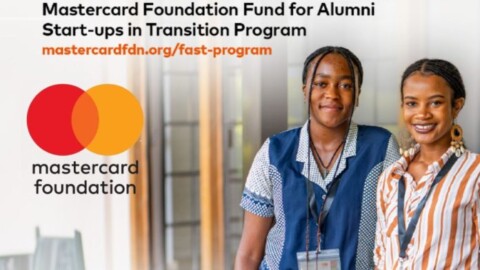Nigeria is making a big change to its school curriculum for basic and senior secondary education after 12 years. This update is needed to solve ongoing learning problems and to include more technology in education. The Federal Government is committed to this change, which will help meet both current and future needs in education.
Education Minister Prof. Tahir Mamman spoke at the Nigerian Educational Research and Development Council (NERDC) Stakeholders’ Dialogue in Abuja. He explained that the new curriculum is designed to tackle the learning issues Nigerian students face. Dr. Tanko Sununu, the Minister of State for Education, represented Mamman and pointed out that Nigeria has a significant number of children out of school. In fact, one in five of the world’s out-of-school children is Nigerian. The current curriculum, which was last updated 12 years ago, no longer fits today’s needs.
The new curriculum will focus on important skills like numeracy, critical thinking, and problem-solving. It will also include more technology and provide opportunities for students to develop skills that encourage independent thinking, innovation, and job creation. This change aims to improve Nigeria’s education system and better prepare students for future job opportunities.
Dr. Margret Lawani, Acting Executive Secretary of NERDC, said that the old curriculum is outdated and not suitable for today’s requirements. She emphasized that the review is important to make sure the curriculum reflects the skills and knowledge needed for students to contribute to society. NERDC is working on new ideas to ensure the curriculum meets the needs and hopes of all Nigerians.
The goal of the curriculum review is to create a framework that is competitive globally and focuses on essential skills for the 21st century. The current meetings with stakeholders are gathering feedback to help shape this new framework, which will be developed into the updated curriculum.
Overall, this curriculum change is a major step towards modernizing Nigeria’s education system. By focusing on key skills and technology, it aims to give students the tools they need for a successful future. This update will address long-standing educational issues and help build a more skilled and capable workforce.





